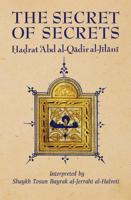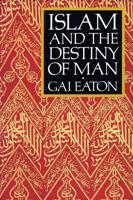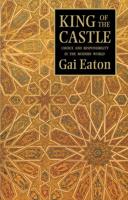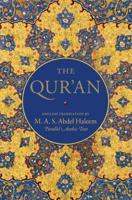Publisher's Synopsis
Islam is frequently characterized as a "religion of the book," and yet Muslims take an almost entirely oral approach to their scripture. Qur'ân means "recitation" and refers to the actual words Muslims believe were revealed to Muhammad by God. Many recite the entire sacred text from memory, and it was some years after the Prophet's death that it was first put in book form. Physical books play no part in Islamic ritual. What does the Qur'ân mean, then, when it so often calls itself kitâb, a term usually taken both by Muslims and by Western scholars to mean "book"? To answer this question, Daniel Madigan reevaluates this key term kitâb in close readings of the Qur'ân's own declarations about itself.
More than any other canon of scripture the Qur'ân is self-aware. It observes and discusses the process of its own revelation and reception; it asserts its own authority and claims its place within the history of revelation. Here Madigan presents a compelling semantic analysis of its self-awareness, arguing that the Qur'ân understands itself not so much as a completed book, but as an ongoing process of divine "writing" and "re-writing," as God's authoritative response to actual people and circumstances.
Grasping this dynamic, responsive dimension of the Qur'ân is central to understanding Islamic religion and identity. Madigan's book will be invaluable not only to Islamicists but also to scholars who study revelation across religious boundaries.












